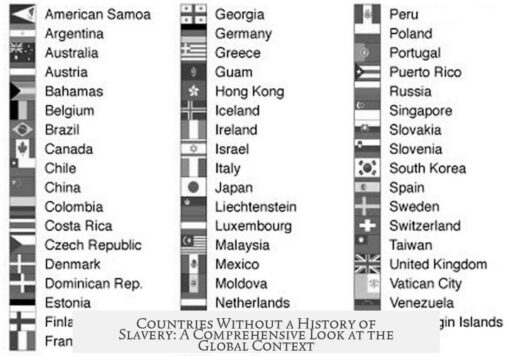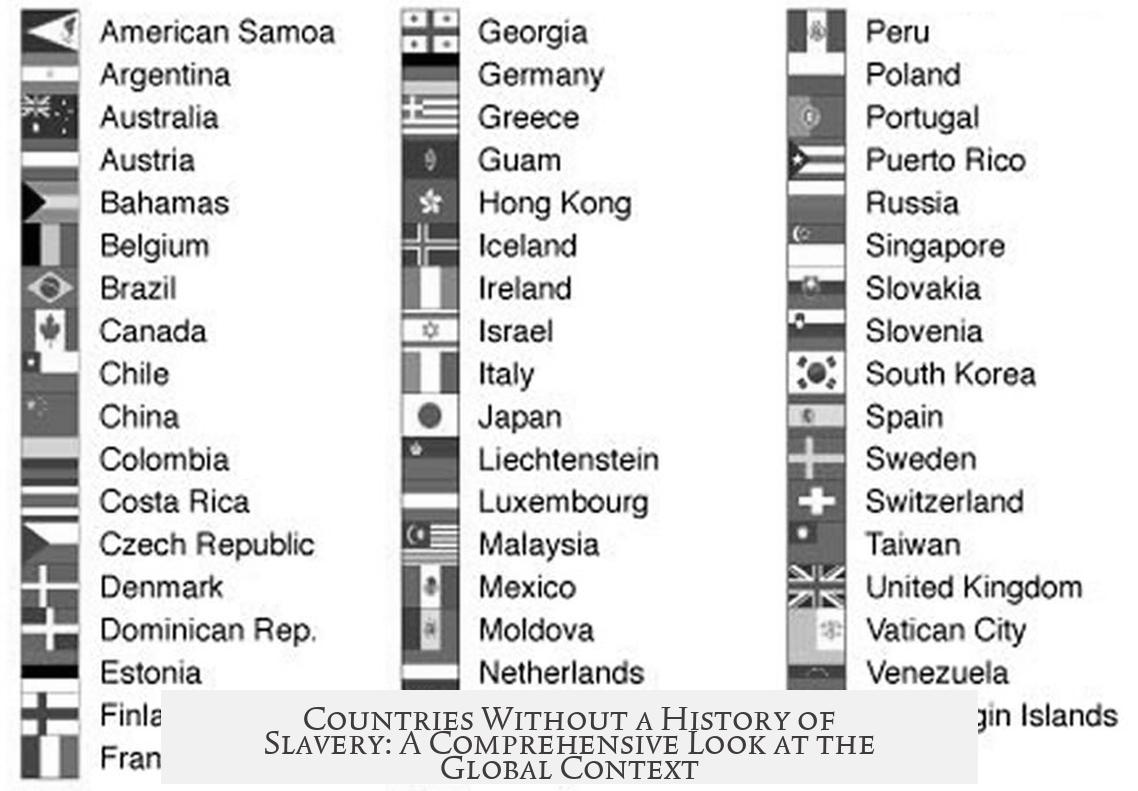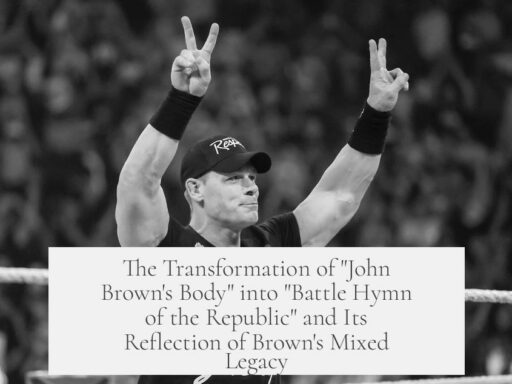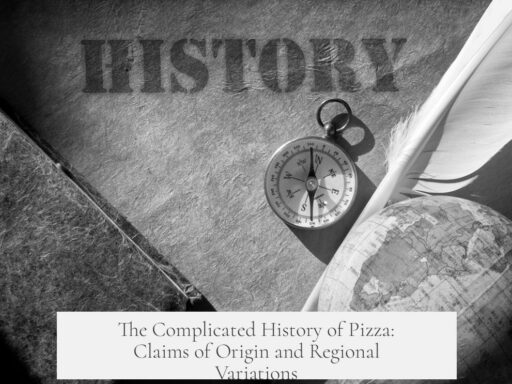There are no countries that have completely escaped slavery at some point in their history. While some regions show limited or no evidence of slavery before external influences, the institution has affected virtually all parts of the world. The extent depends on how one defines slavery and the timeframe considered.
For example, in areas like Brazil and Australia, there is little indication of slavery before European colonization. Indigenous societies in these regions were mainly hunter-gatherers or practiced subsistence economies that did not rely on enslaved labor. However, once Europeans arrived, colonial economies often depended heavily on slavery.
In Europe, countries like the Netherlands and Great Britain had largely abandoned direct slavery by the 11th or 12th century. Despite this, these nations played central roles in the Atlantic slave trade during the 17th and 18th centuries and used enslaved people in their overseas colonies.
Australia presents a complex case. The modern nation-state of Australia, formed in 1901, never legally permitted slavery. However, before Federation, some Australian colonies such as Queensland employed labor practices involving Kanaka workers. These laborers were often coerced or deceived into service, effectively amounting to slavery despite legal prohibitions.
Labor laws after Federation mandated that workers come willingly and receive pay. Still, kidnapping and bribery undermined these protections, showing a disconnect between legal frameworks and reality.
| Country/Region | Slavery Status | Notes |
|---|---|---|
| Brazil | Slavery prevalent post-European arrival | No strong evidence of pre-colonial slavery |
| Australia | Never legally allowed slavery as a country | Pre-Federation coercive labor practices occurred |
| Netherlands & Great Britain | Slavery ended by ~1000-1100 locally | Major Atlantic slave trade participants |
This examination reveals that the concept of a country free entirely from slavery is complicated. The global spread and longevity of slavery trace deep into human history and cross many cultures.
- No modern country has an unbroken history free of slavery or forced labor.
- Pre-colonial societies might have had little or no slavery depending on economic structures.
- Colonialism often expanded slavery’s reach even into places where it was previously unknown.
- Legal abolition of slavery does not always match practice, as seen in Australian labor exploitation.
Are There Any Countries That Never Had Slavery?
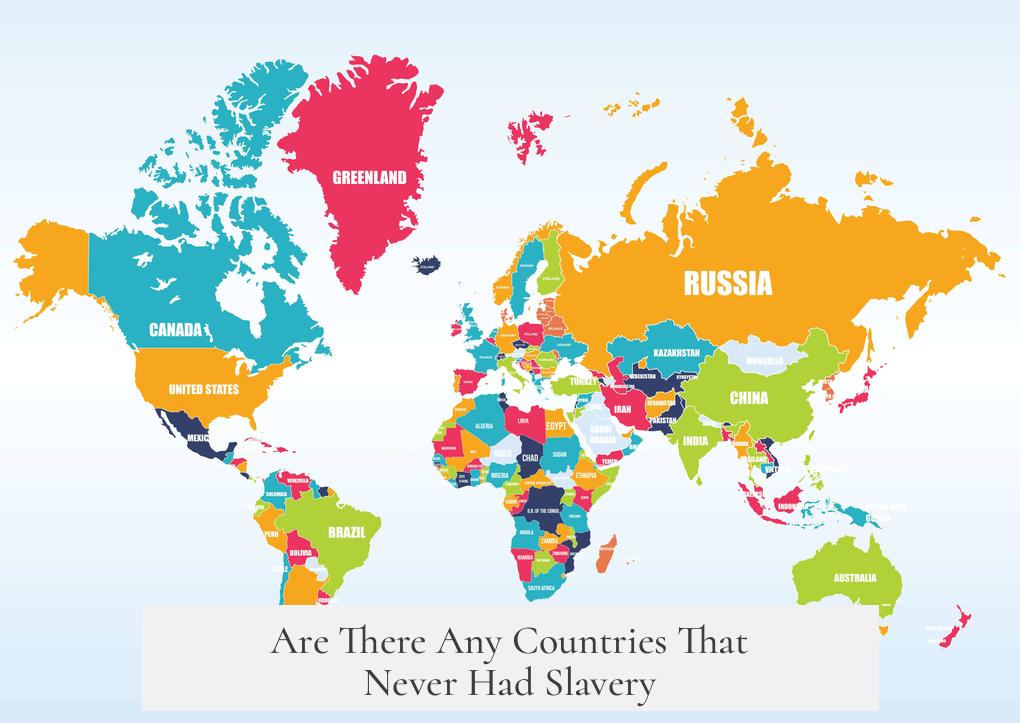
The short and direct answer is no. There are no countries that have completely escaped slavery at some point in their history. This answer might sound disappointing or surprising, but it becomes clearer once we dig into what slavery really means and how history unfolds in different regions of the world. So, let’s take a deep dive.
First, you might wonder: what even counts as “slavery”? Is it only about legally owning people, or do forced labor and exploitative conditions count? Definitions vary, but it all boils down to one core issue: people deprived of freedom, coerced and treated as property.
With that in mind, let’s explore why no country really qualifies as completely “slavery-free.” Adding a sprinkle of humor, imagine trying to find a country so clean that it’s like the spotless kitchen your grandma brags about—good luck!
Why It’s Almost Impossible to Find a Country That Never Had Slavery
Globally, there are around 190 recognized countries. Saying each one has a slavery-free past is a stretch considering that slavery is one of the oldest human institutions known. From ancient empires through to colonial expansions, slavery shaped social and economic systems across the globe.
Take Brazil and Australia, for instance. Here’s an interesting twist before European contact: the indigenous communities in these places operated mainly on hunter-gatherer lifestyles or tribal structures that didn’t depend much on slavery. They didn’t really need slaves the way agrarian economies did. So, for thousands of years, slavery was practically absent in those territories.
But Then Came Colonization
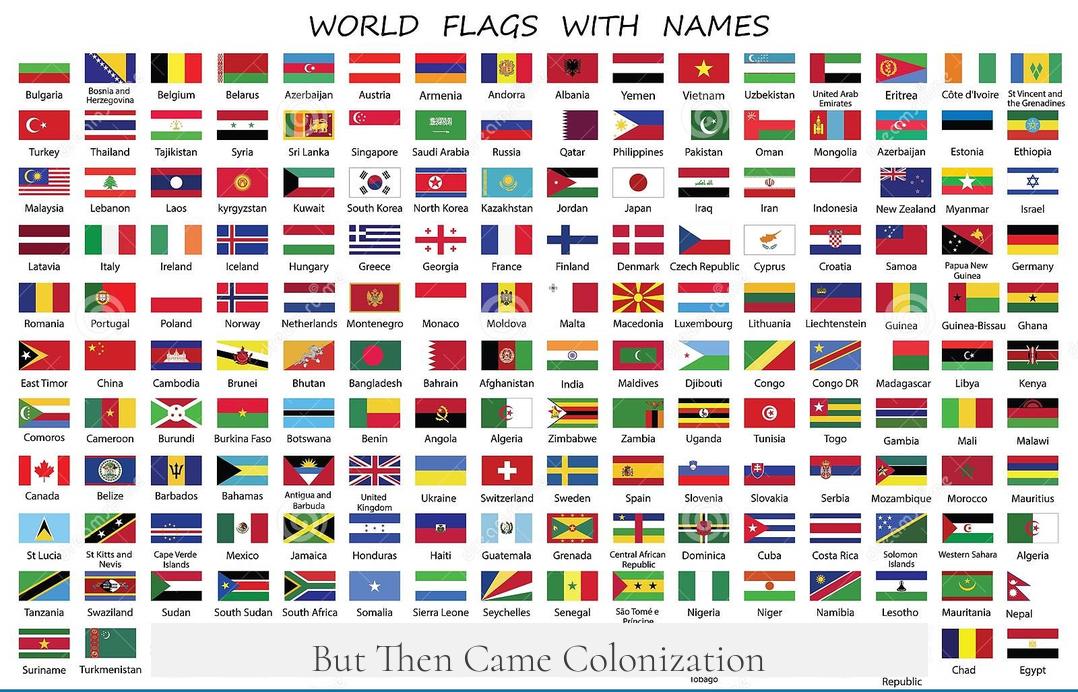
When Europeans came along, they introduced slavery into many of the places they colonized. Brazil flooded with African slaves to fuel its sugar plantations. Australia, although notorious for never legally allowing slavery as a country, witnessed something closely resembling it through colonial labor practices.
“Australia has never legally allowed slavery after its formation in 1901, but before that, the colony of Queensland used Kanaka laborers—workers brought from Pacific Islands often under coercive conditions.”
It’s a fine distinction. The law prohibited slavery, but kidnappings, bribes, and forced labor meant that many laborers were effectively slaves, even if not legally recognized as such. The term “Kanaka” itself is now rightly considered offensive due to the exploitative history it references.
What About European Powers Like the Netherlands and Great Britain?
Here’s the irony: the Netherlands and Great Britain officially stopped practicing slavery within their own borders by the 11th or 12th century. But fast forward to the 16th and 17th centuries, they became major players in the *Atlantic slave trade*, shipping millions of Africans into slavery across the Americas. Their domestic histories show abolition, but their colonial histories tell a darker, more complicated story.
It’s a classic case of “out of sight, out of mind.” Slavery was legal and rampant in their colonies even if it wasn’t on home soil. So, can we count on a country for never having a slavery history if it had a heavy hand in the global slave market?
So, Does Australia Count as a Country That Never Had Slavery?
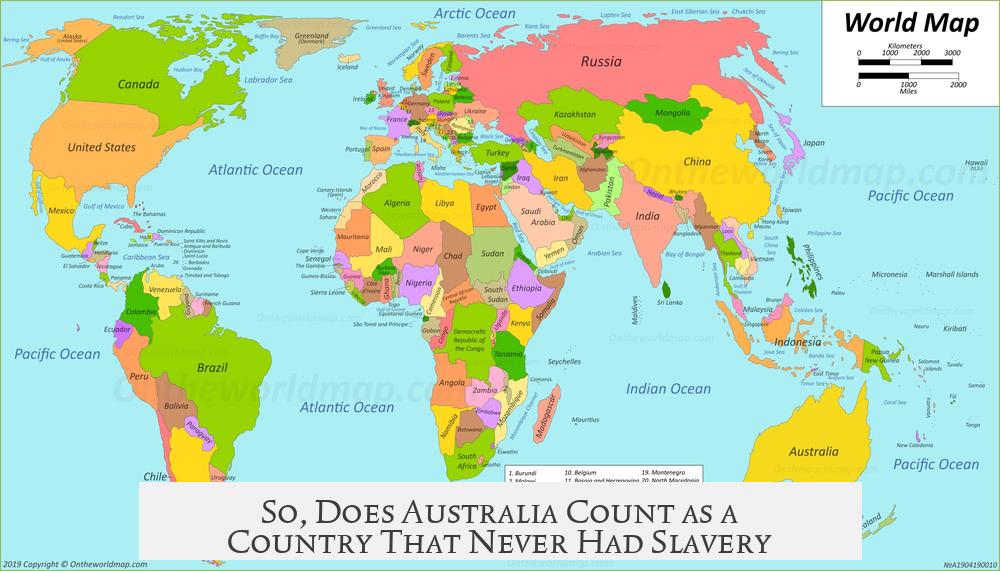
At first glance, many say yes because, from a legal standpoint, Australia never codified slavery after it became a nation in 1901. However, that answer misses a crucial point: before Federation, colonial Queensland practices often violated human rights using forced labor. These were not called slavery per se, but the experience echoes slavery severely.
Here’s the real scoop: legal frameworks and real-world practices don’t always align. Laws might say “no slavery,” but on the ground, reality can be more complicated. Australia symbolizes this paradox perfectly.
Why Does This Matter? Why Should You Care About Slavery’s Footprint?
Understanding that no country has completely escaped slavery challenges us to face history honestly. It reminds us of the deep scars inequality and exploitation leave behind. It also helps us see modern forms of slavery and human trafficking in a sharper light. After all, slavery didn’t just vanish; it morphed into new, insidious forms.
Thinking historically also sharpens awareness of modern policies and labor laws. When Australia—or any country—claims progress, it’s crucial to remember and learn from past practices. This awareness helps prevent repeating patterns under the guise of legality or economic expediency.
So, What Can We Learn From This?
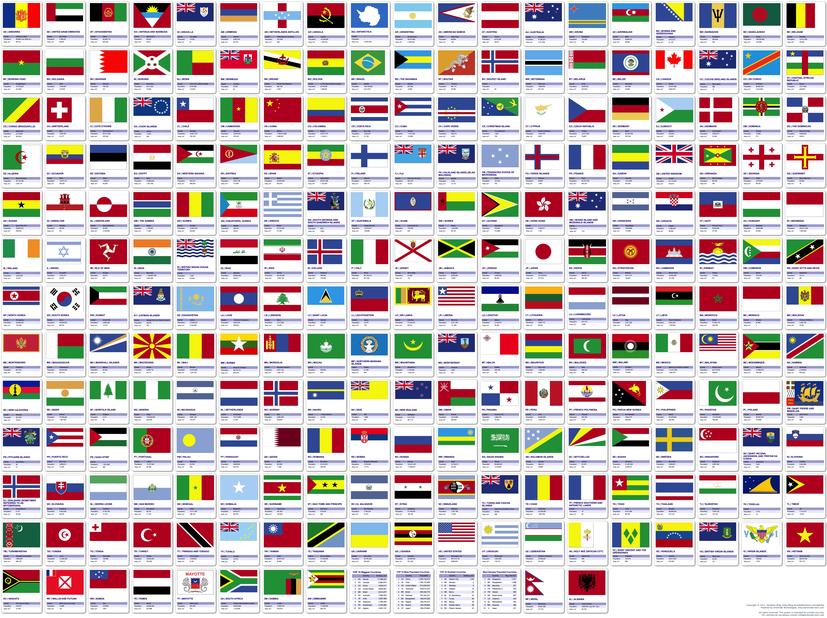
- Slavery is deeply entwined with human history globally. Expecting a country to have a spotless record because it’s “modern” or “young” is unrealistic.
- Look beyond legal definitions. Sometimes, abuses labeled as “forced labor” or “indentured servitude” served virtually the same role as slavery.
- Colonial powers might have “abolished” slavery at home to appear progressive, but profited immensely from enslaved people abroad.
- Understanding both legal frameworks and actual social conditions is key to grasping the full picture.
- History matters because it impacts contemporary social justice, labor rights, and anti-trafficking policies.
And because history is messy, nuanced, and sometimes a little uncomfortable, let’s approach it with an open but critical mindset.
What About Countries Today?
Modern slavery, including human trafficking and forced labor, persists worldwide. Even nations with no official slavery histories battle these issues today. So, the question morphs into: how do countries tackle their historical and modern slavery legacies?
That’s where transparency, education, and robust laws come into play. Countries acknowledging their histories can build better futures. Less denial, more action.
Final Thoughts
No nation stands above the long shadow of slavery. History teaches us that slavery’s reach has been global, affecting societies in different shapes and forms. A country like Australia, often touted as “never having slavery,” has a complicated legacy that includes quasi-slavery through coercive labor practices. European powers banned slavery domestically while fueling it abroad. Even indigenous societies that seemingly lacked formal slavery systems before colonization transformed under external pressures.
So next time you hear someone ask, “Are there any countries that never had slavery?” you can confidently explain that the answer isn’t a simple “yes” or “no.” It’s a rich, complicated story displaying humanity’s challenges—and sometimes failings—through the ages.
Want to explore this topic more? Check out books and resources on the Atlantic slave trade, indigenous labor histories, and modern human trafficking to get the full scope. The past isn’t just dead—it’s reshaping our present and future.
